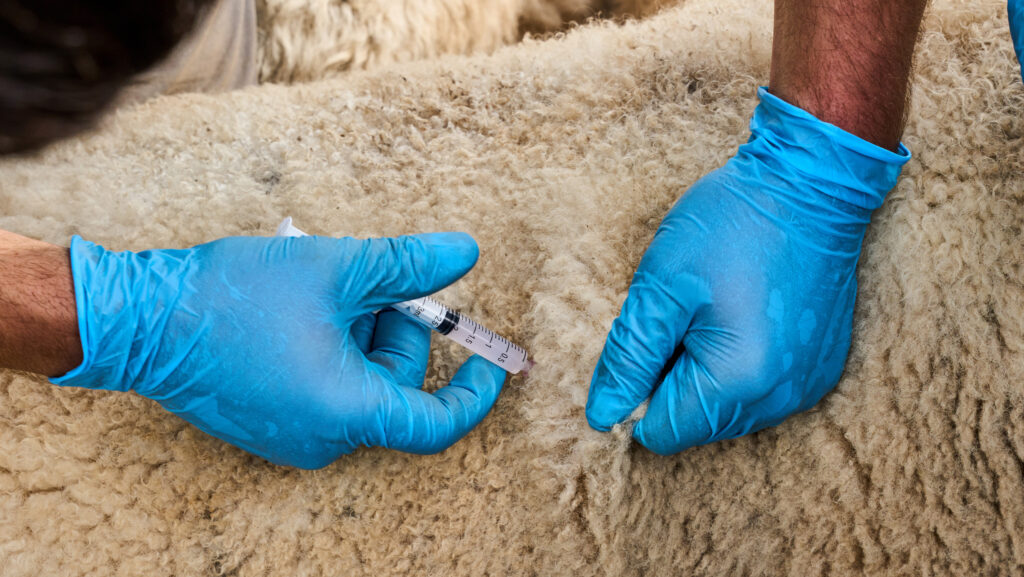Editor’s View: Is bluetongue vaccine a price worth paying?
 © Oli Lees
© Oli Lees How often do you contemplate your attitude to risk?
This is a question that’s bubbled up for me again this week as I contemplated sheep and cattle farmers mulling whether to go to the effort and expense of vaccinating their livestock against bluetongue.
At £2.50 a shot, it’s a significant addition to the medicine bill and, while there have been cases in previous years across a large swathe of the country, many won’t have (knowingly) had first-hand experience of it yet.
See also: Wales eases bluetongue rules for cross-border sheep sales
Yet vets are concerned that farmers are taking a bigger gamble than they perhaps appreciate, leaving themselves exposed to the risk of an attack as we head towards the highest-risk month of September.
Some 95% of livestock in the Netherlands are now jabbed up after 10% of the national flock was lost to the disease in 2023 and 2024, with some flocks losing 80% of animals.
I can hear some of you muttering that if you tried to mitigate every risk you’d never bother putting your boots on in the morning, as farming is inherently a gambler’s profession.
But when this is used as a blanket response, it can occasionally also block out of sight the risks that can be avoided.
Not that our industry is alone in this, of course – very few industries and even fewer people are truly good at avoiding even (in hindsight) enormous risks.
My favourite film, The Big Short, is one of Hollywood’s best attempts to tell the story of the 2008 global financial crisis.
Two of the most likeable characters, Charlie Geller and Jamie Shipley, ran an investment firm with a very simple strategy: to bet on bad things happening.
Their theory was that humans typically don’t like to think about bad things happening, and when they do, they set the odds of the calamity happening much lower than it should be – meaning businesses often plan inadequately for catastrophe, making a bet on them failing more likely to hit than the odds would suggest.
In 2008, that enabled the real-life financiers (portrayed as Charlie and Jamie) to make millions of dollars in profits on bets placed in the previous years that US house prices would fall – a view widely ridiculed right up until the moment it happened.
Indeed, only some 20 people worldwide made it in time to profit from it, with the rest of us still living with the consequences of having to fund the gigantic taxpayer bailout of the global financial system.
(Interestingly, home repossessions have just hit their highest level since the pandemic, and the number of repossessed houses on the banks’ books is the highest since 2014.)
So where does that leave those of you contemplating whether £2.50 a life, plus the work of doing it, represents correctly priced insurance?
Only you can make the decision as to whether to act or not, but I would leave you with the thought that just because the likelihood of something happening is hard to quantify, does not necessarily mean it is low.
How else can you explain the continued existence of folk willing to text and drive, walk on brittle roofs and tolerate bare pto shafts?

